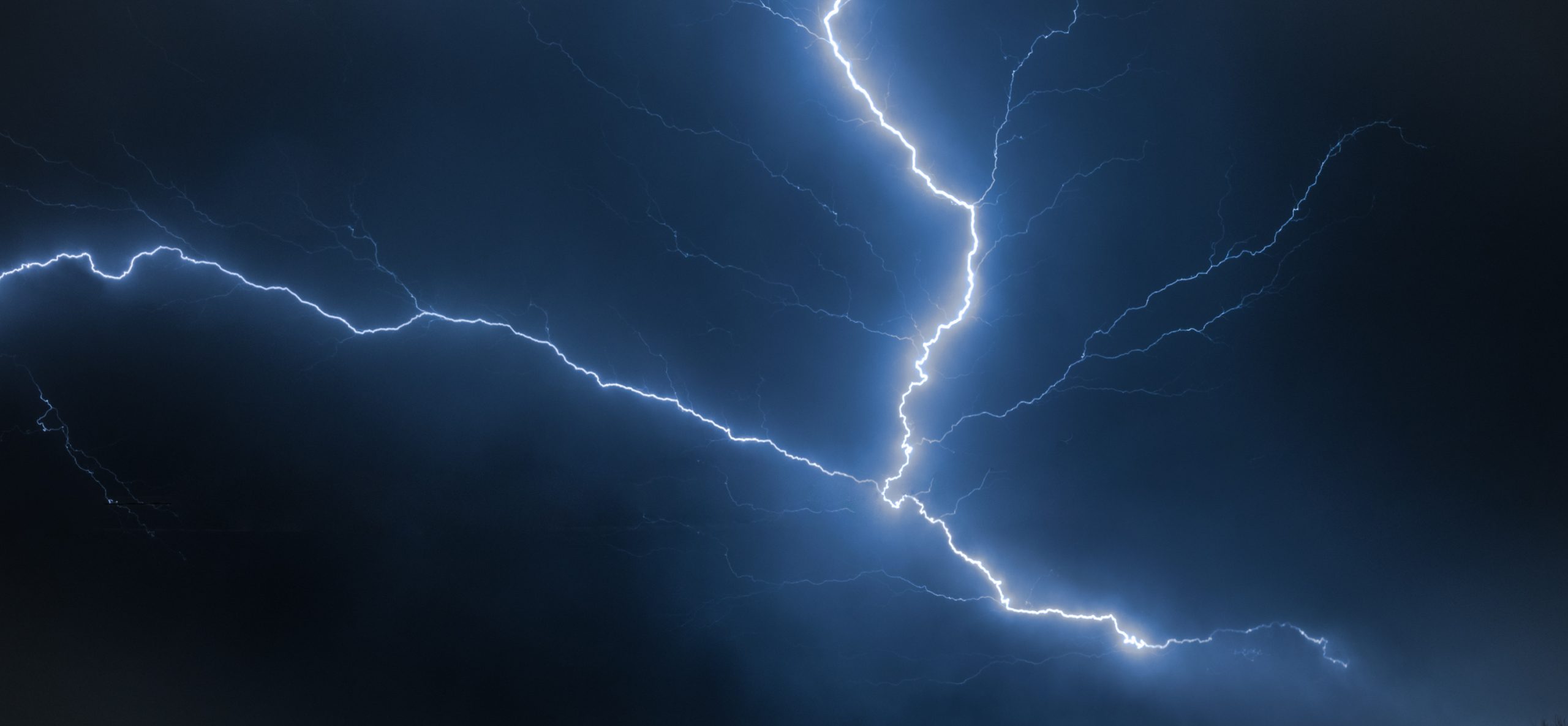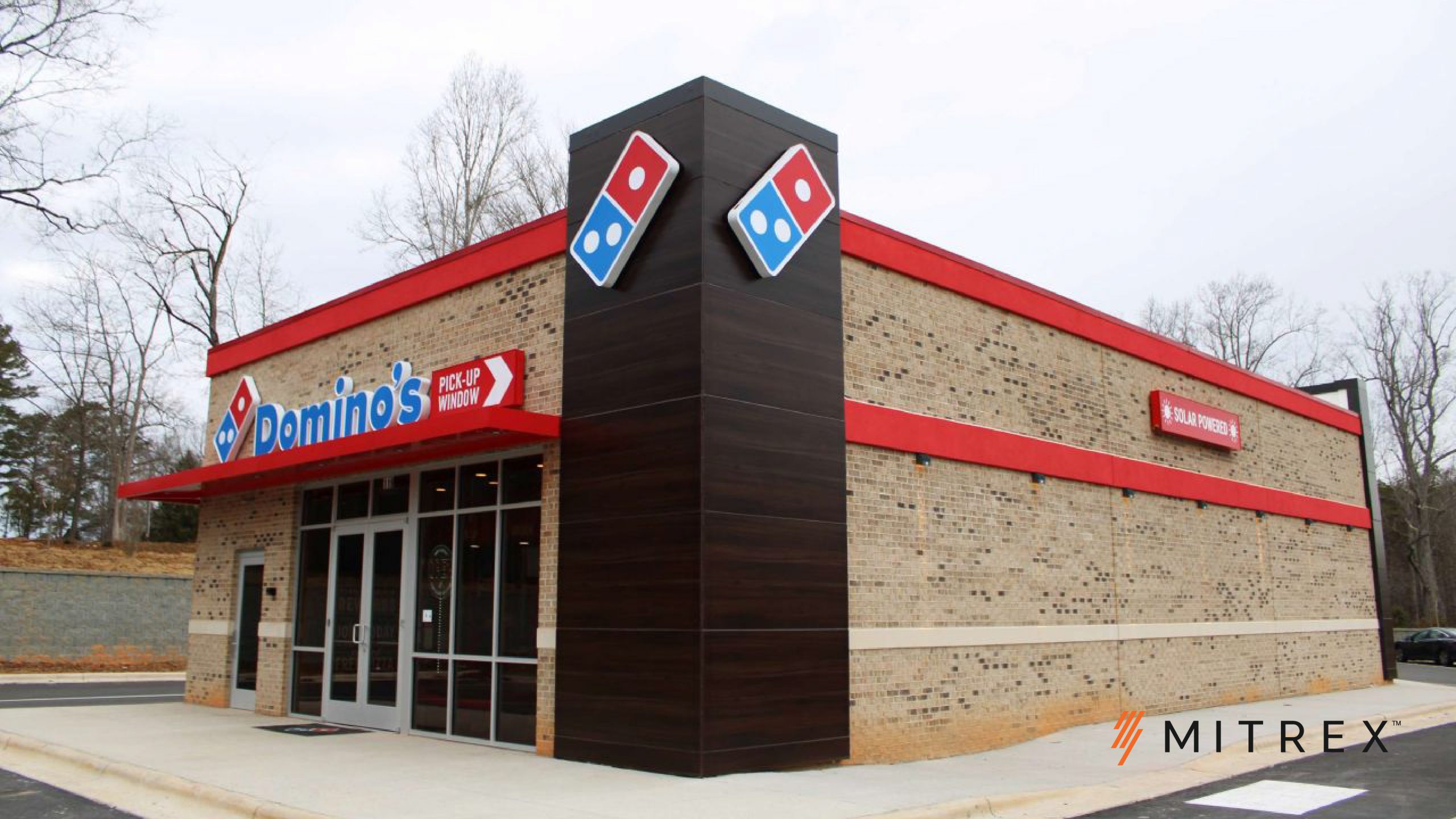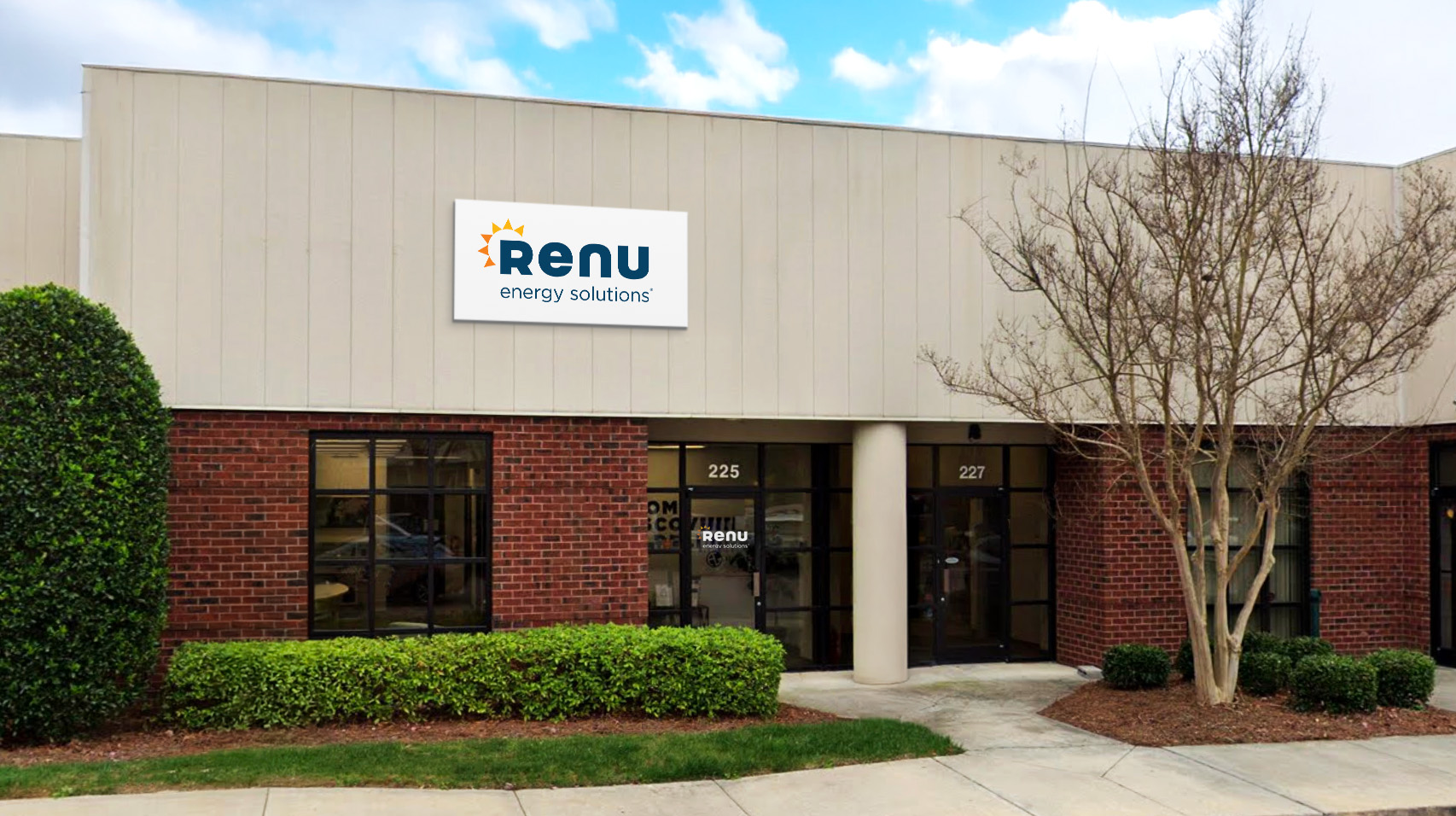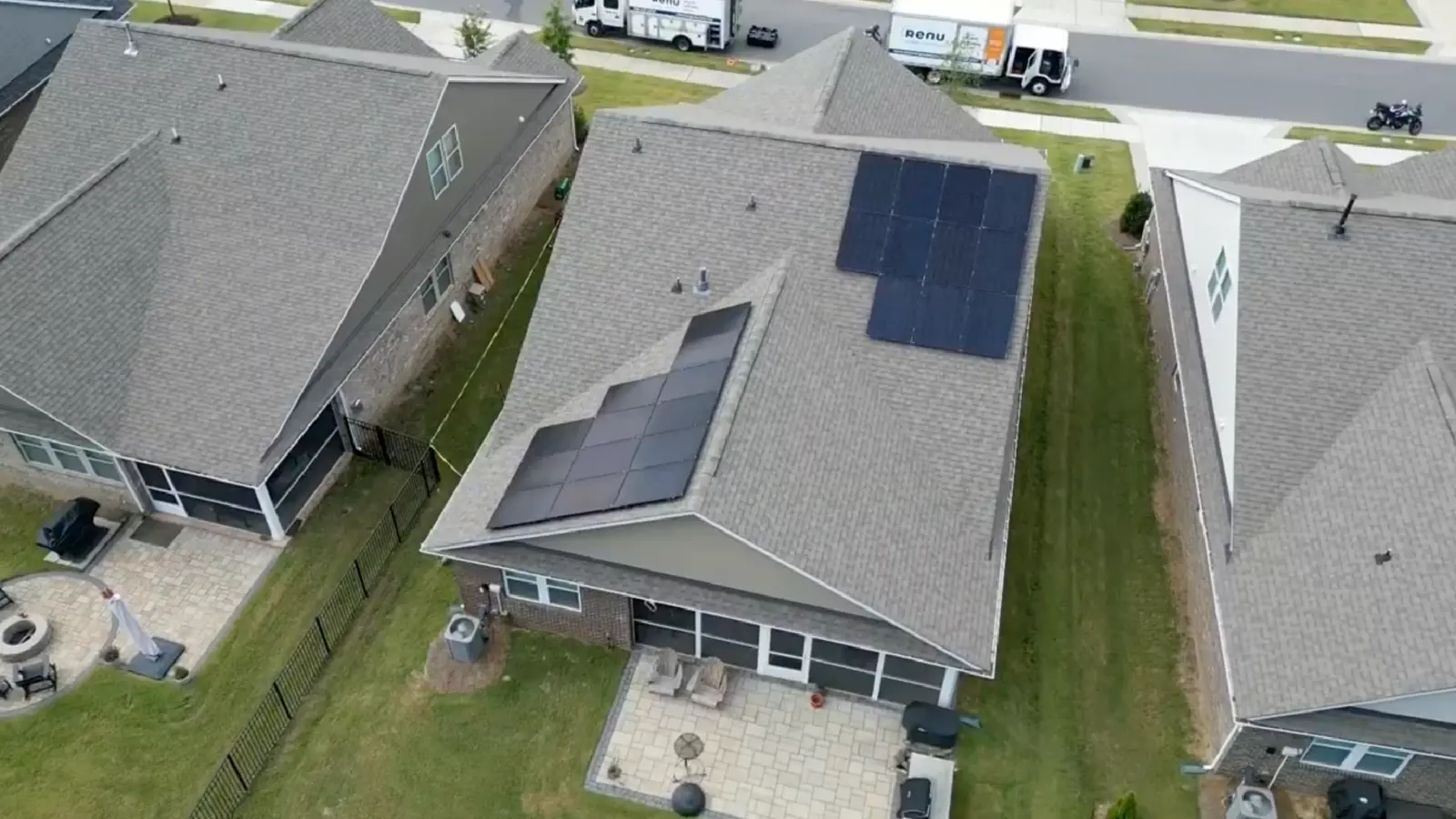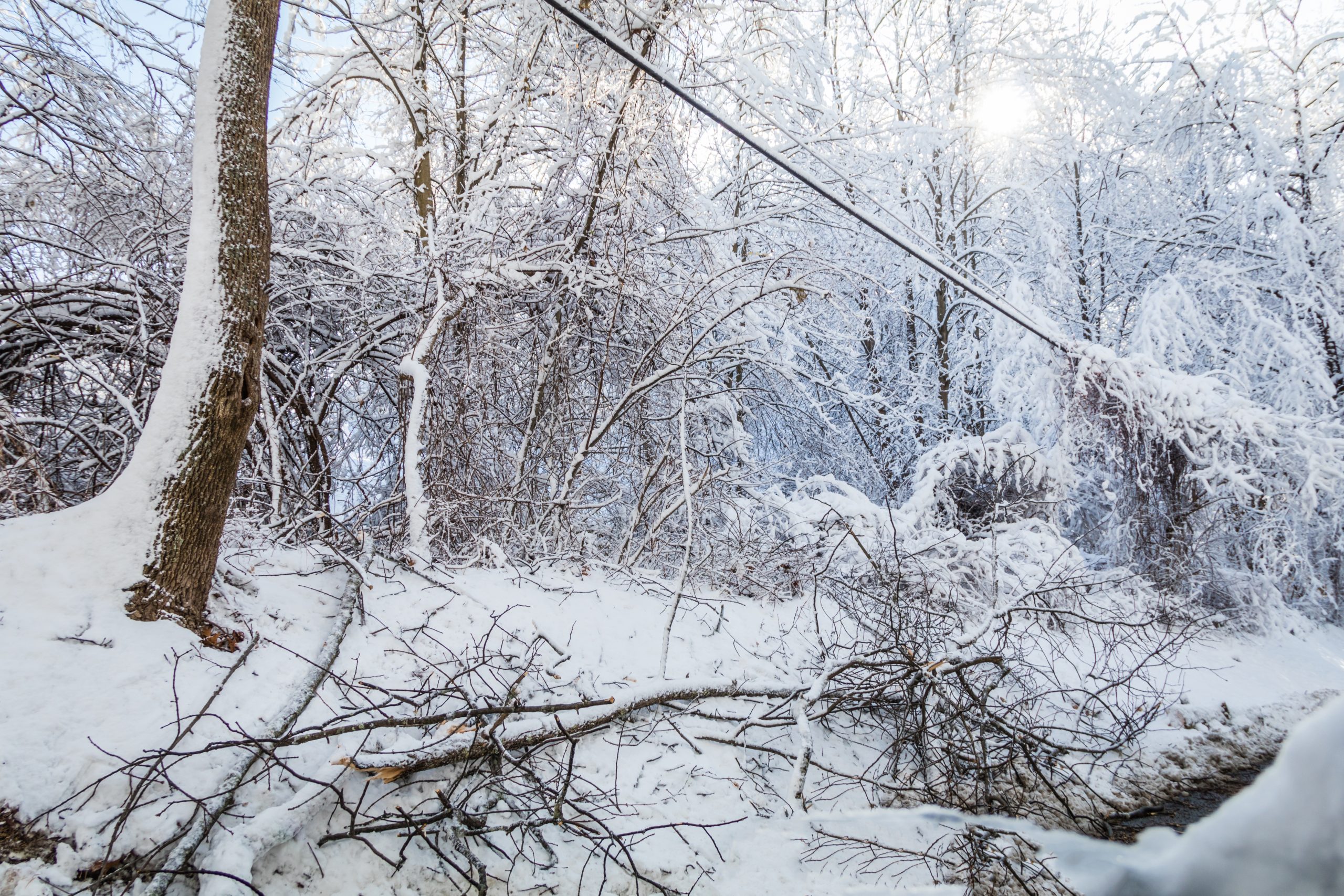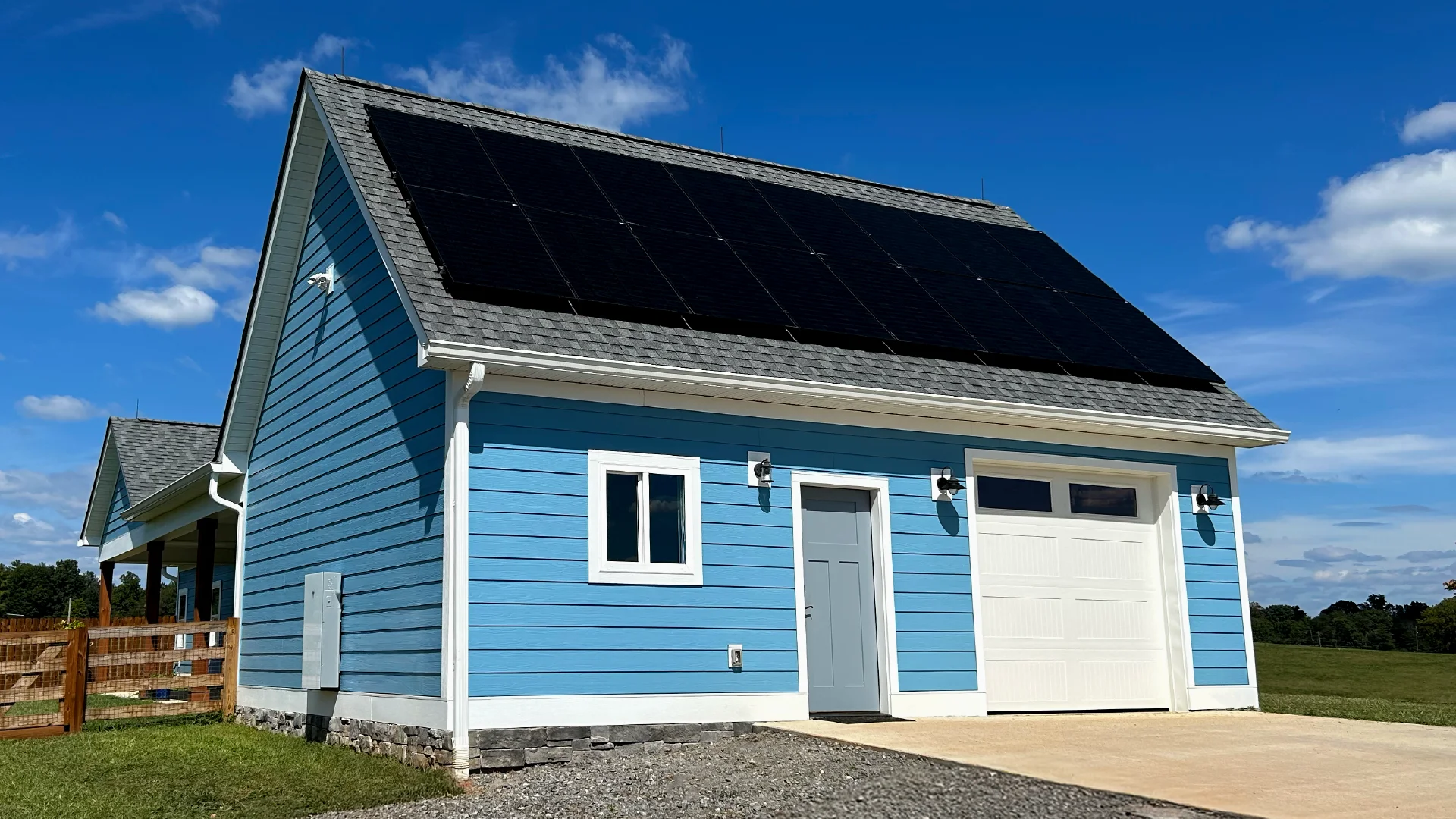July 29, 2025
Severe Weather Prep in the Carolinas: How Solar Energy Storage = Energy Security
As hurricane season nears, residents of the Carolinas should prepare for possible severe weather events. As a trusted solar installer in the Carolinas, Renu Energy Solutions highlights the importance of dependable and sustainable energy.


